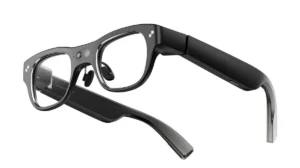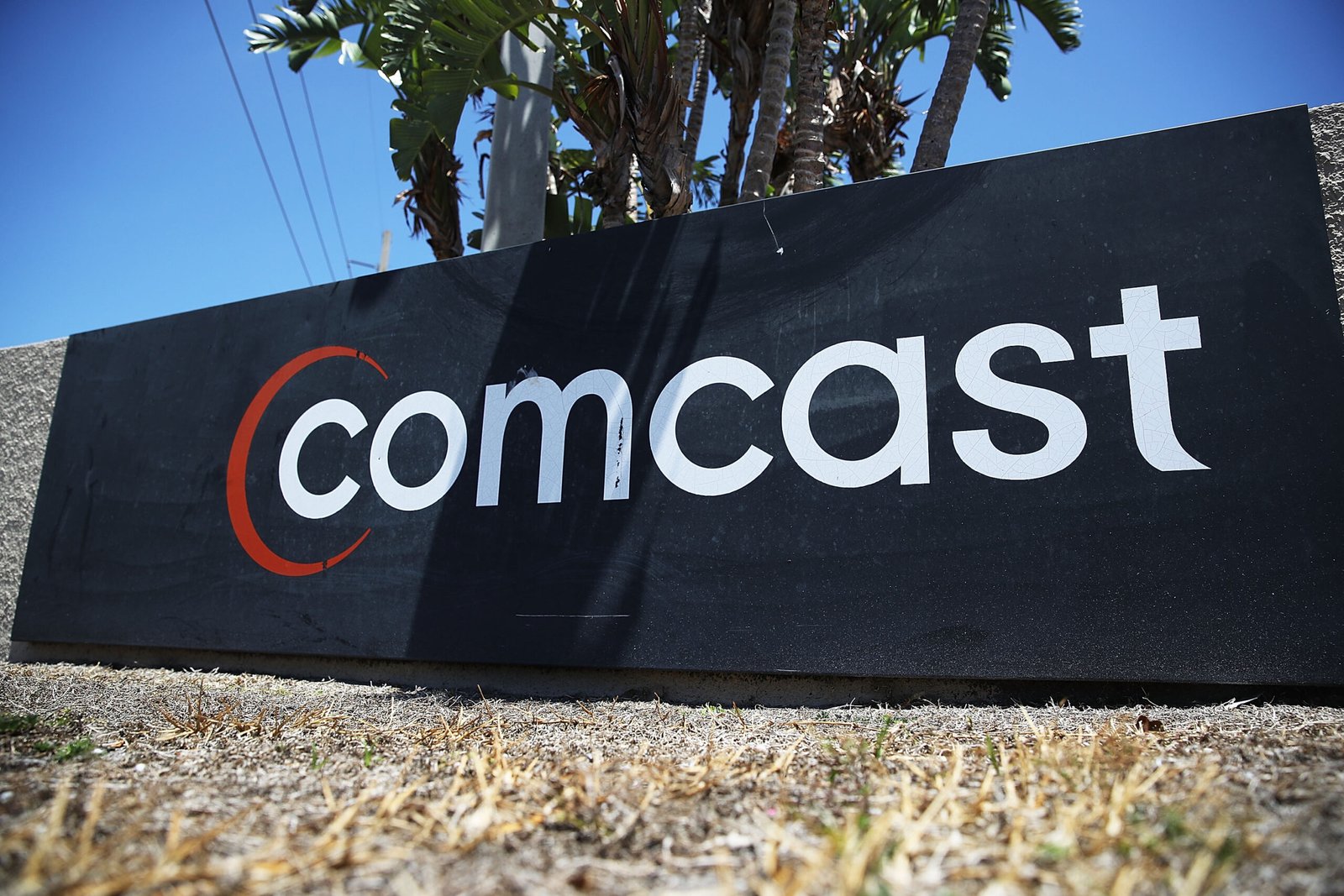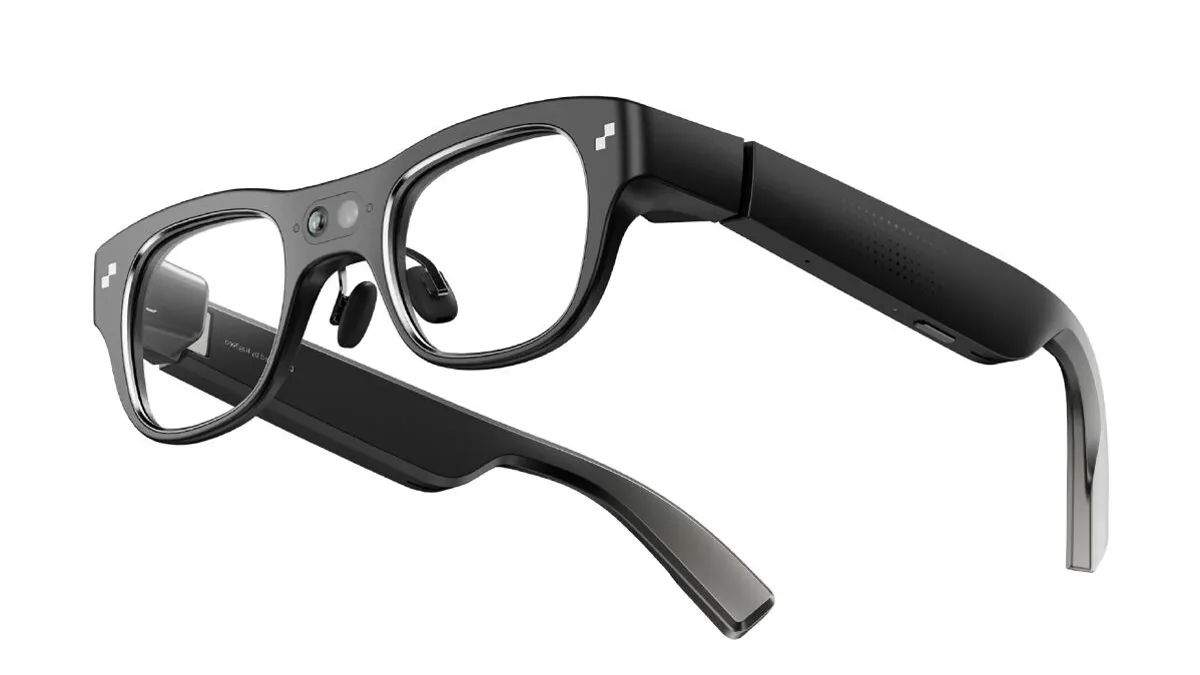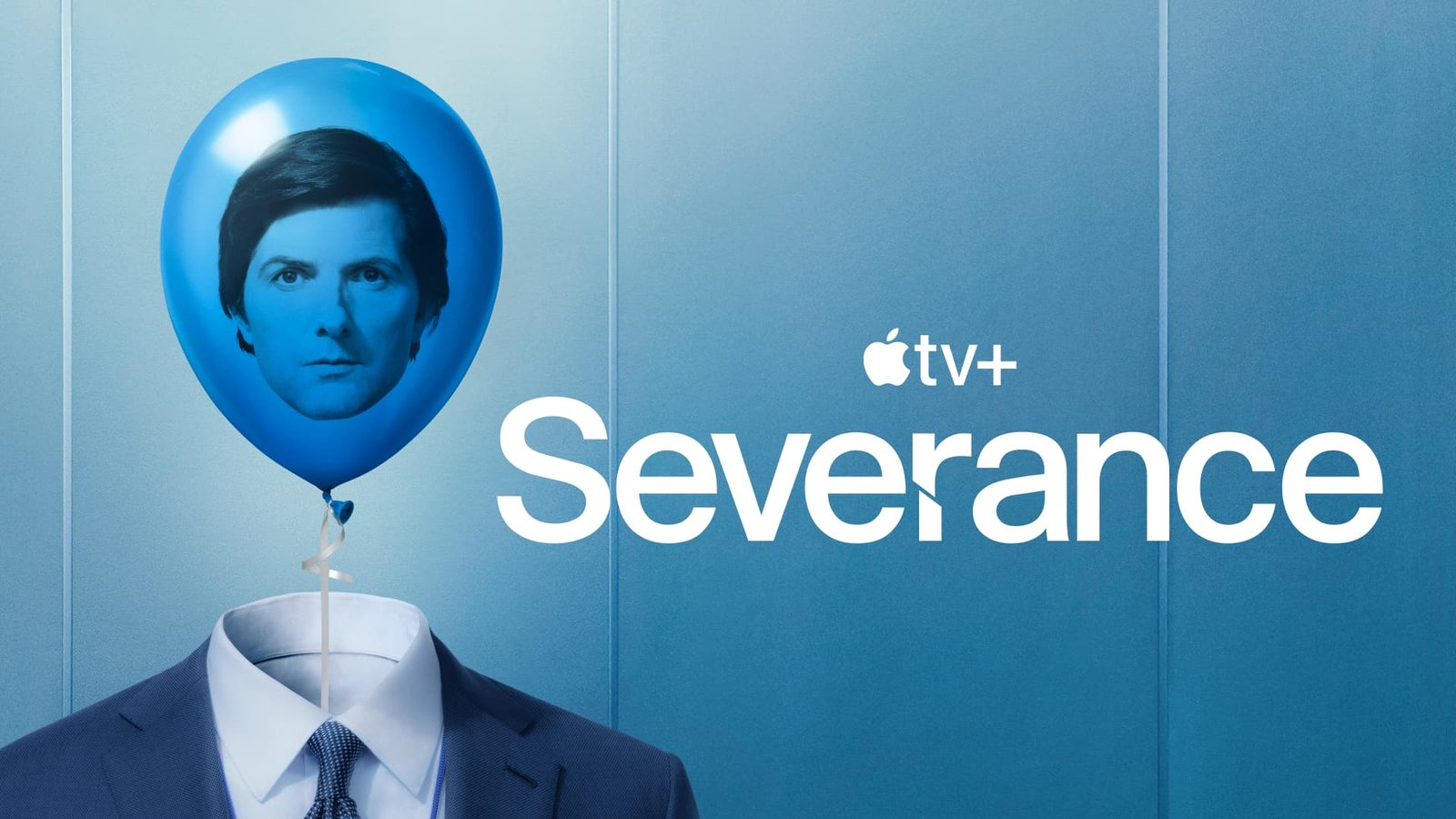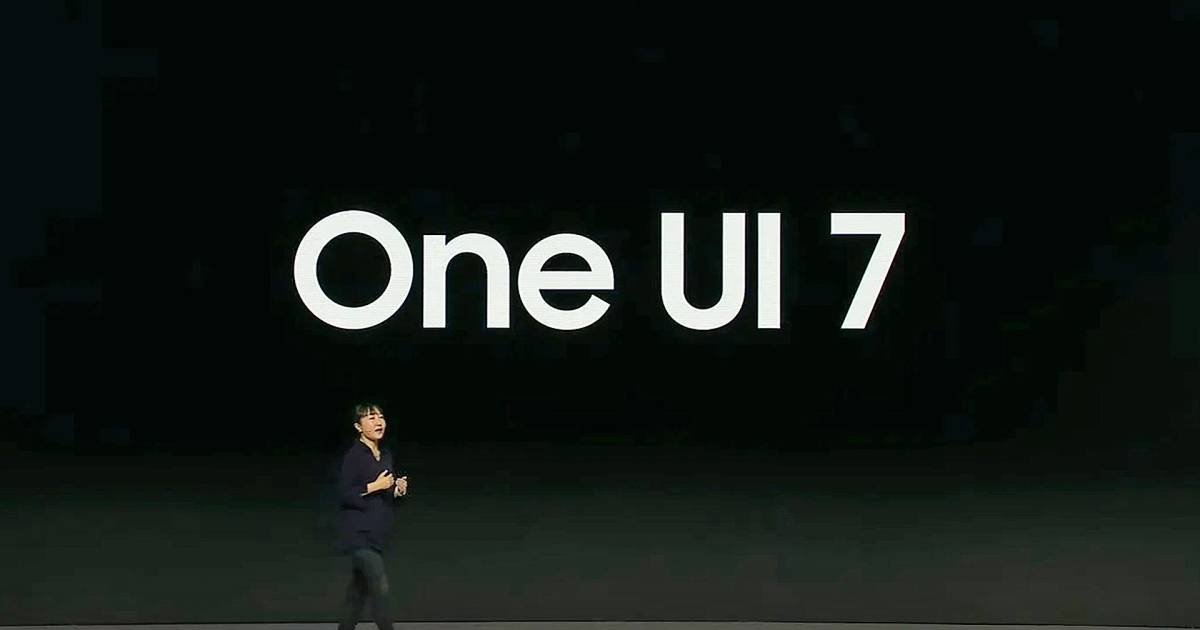Recent developments within Microsoft have sparked debate over the ethical use and safety of artificial intelligence tools, particularly DALL-E 3, a model known for generating images from textual descriptions. Shane Jones, a Microsoft principal software engineering lead, raised concerns about the model’s ability to create violent and sexual images and its disregard for copyright norms. This article outlines key points related to these developments and Microsoft’s stance on AI responsibility and copyright commitments.
Key Highlights:
- Shane Jones reported a vulnerability in DALL-E 3, concerned over its potential to generate harmful content.
- Jones faced resistance from Microsoft after reporting the issue internally and was advised to contact OpenAI directly.
- Despite reporting the issue to OpenAI, Jones received no response, leading him to publicly urge OpenAI to withdraw DALL-E 3 from the market.
- Microsoft has announced a Copilot Copyright Commitment to address copyright infringement concerns related to its AI tools.
- The company emphasizes its commitment to responsible AI development and the safeguarding of user and third-party content.
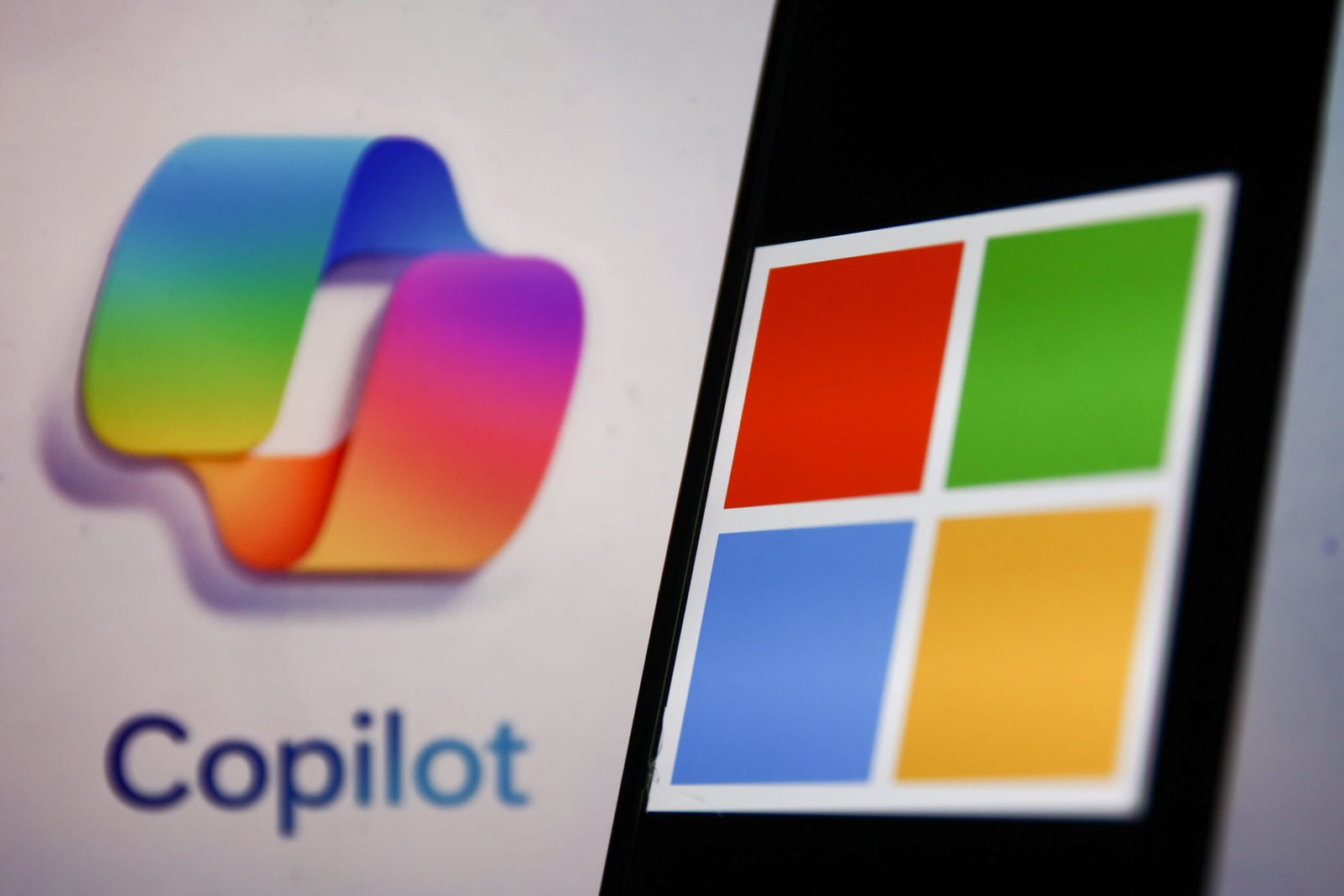
Microsoft’s Response and AI Ethics
Microsoft responded to the concerns raised by stating that the safety of users and responsible AI development are their priorities. The company has implemented various safeguards in DALL-E 3, including filtering explicit content from its training data and using image classifiers to prevent the generation of harmful images. Despite these measures, the incident highlighted the challenges in ensuring AI-generated content remains within ethical boundaries.
Copyright Concerns and Microsoft’s Commitment
In light of growing concerns over intellectual property rights and the use of AI-generated content, Microsoft announced its Copilot Copyright Commitment. This initiative aims to protect commercial customers from copyright infringement lawsuits related to the output of Microsoft’s AI tools, underscoring the company’s effort to balance innovation with legal and ethical considerations.
Enhancements Across Microsoft’s Suite
Apart from addressing ethical and copyright issues, Microsoft continues to integrate AI enhancements across its product suite, including Paint, Photos, Snipping Tool, Clipchamp, Notepad, Outlook, and more. These improvements are designed to streamline tasks and foster creativity, showcasing the potential of AI in enhancing user experience.
Microsoft and OpenAI Partnership
The collaboration between Microsoft and OpenAI, through a multiyear, multibillion-dollar investment, underscores the commitment of both entities to advance AI technology responsibly. This partnership focuses on developing AI supercomputing systems and deploying AI models across Microsoft’s products, while ensuring the technology is developed and used in a manner that is safe and beneficial for all.
The concerns raised by Shane Jones at Microsoft highlight the complex balance between advancing AI technology and ensuring its ethical and responsible use. While Microsoft and OpenAI have taken steps to address these challenges, the ongoing discourse emphasizes the importance of transparency, safety, and copyright integrity in the rapidly evolving field of AI. As AI continues to integrate into various aspects of daily life and business, the commitment of companies to these principles will be crucial in shaping the future of technology in a manner that benefits society as a whole.



